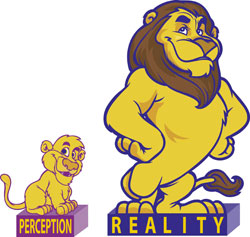
Colin M. Turnbull was born in London, England in 1924. He attended Magdalen College at Oxford University. Turnbull studied philosophy, politics and music. At the completion of his studies he joined the Royal Naval Volunteer Reserve during World War II. He moved to hold a research in the Department of Indian Religion and Philosophy at Banaras Hindu University in India. Turnbull returned to Oxford to attend Oxford University where he studied anthropology, specializing in the African field.Turnbull first became interested in African ethnology on a motorcycle trip in 1951 during which he viewed East Africa, the Congo, the Sudan, and Egypt. It was on this trip that he first visited the Pygmies. In 1954, Turnbull returned to Africa to tape record native music, some of these tapes are even commercially available. Then he returned once again to the Congo, this time under a grant from the Royal Anthropological Institute to continue his studied on Pygmy life. Turnbull made six major trips to Africa and his work with universities and museums has also largely been connected with African studies. Turnbull has held many positions. He has held the position of Assistant Curator of African Ethnology at the American Museum of Natural History, worked as a geologist for a gold mine in northern Canada, written radio and television scripts, and made documentary films for the Canadian Broadcasting Corporation, including eight in Africa.Turnbull's last position was at George Washington University, where he taught and pursued interested in writing, fieldwork, farming, and making music. He left George Washington University in 1984. Colin Turnbull passed away in 1994.








